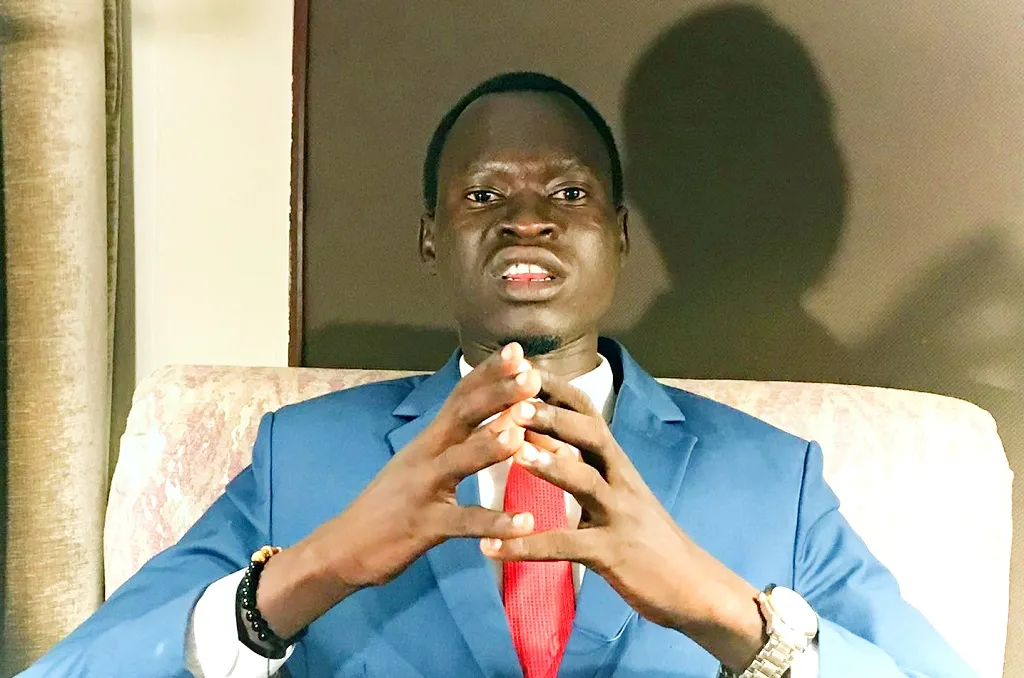
A new USD 8.5 million flood resilience and climate adaptation project has been launched in Bor Town, South Sudan, marking a key milestone in national efforts to protect vulnerable communities from recurrent flooding.
The project stems from a partnership between the Ministry of Water Resources and Irrigation (MWRI) and the International Organization for Migration (IOM) under the World Bank-funded Regional Climate Resilience Program (RCRP) for Eastern and Southern Africa.
The initiative will include the construction of a 10-kilometre dyke, rehabilitation of 95 kilometres of drainage channels, and erosion protection for critical roads. It will also train local engineers, improve disaster preparedness, and develop flood-risk models to strengthen early warning systems.
Undersecretary Achier Manyuat John described the agreement as a “milestone” in building climate-adapted and resilient communities.
“Through these interventions, we are protecting lives and livelihoods, improving access to water and sanitation, and empowering local communities to manage infrastructure sustainably,” he said.
IOM South Sudan’s Chief of Mission, Vijaya Souri, emphasized that the project will help bridge humanitarian relief and long-term development.
“This partnership reflects our shared commitment to durable solutions and climate resilience,” Souri said. “It connects flood management to recovery, stability, and sustainable growth.”
When completed, the interventions are expected to safeguard around 70% of Bor’s residents, enhance food security, and bolster community disaster preparedness.
The RCRP is a multi-country program that promotes resilient water management, climate-smart livelihoods, and knowledge sharing across Eastern and Southern Africa. In South Sudan, it supports flood-prone regions like Bor that face recurring displacements and infrastructure damage due to seasonal rains.




